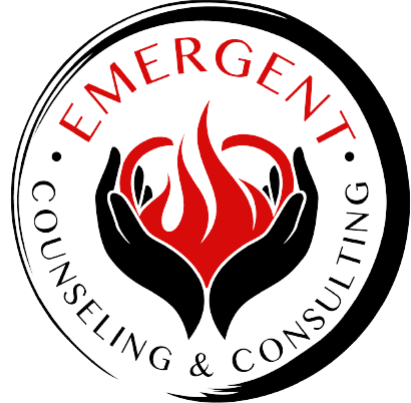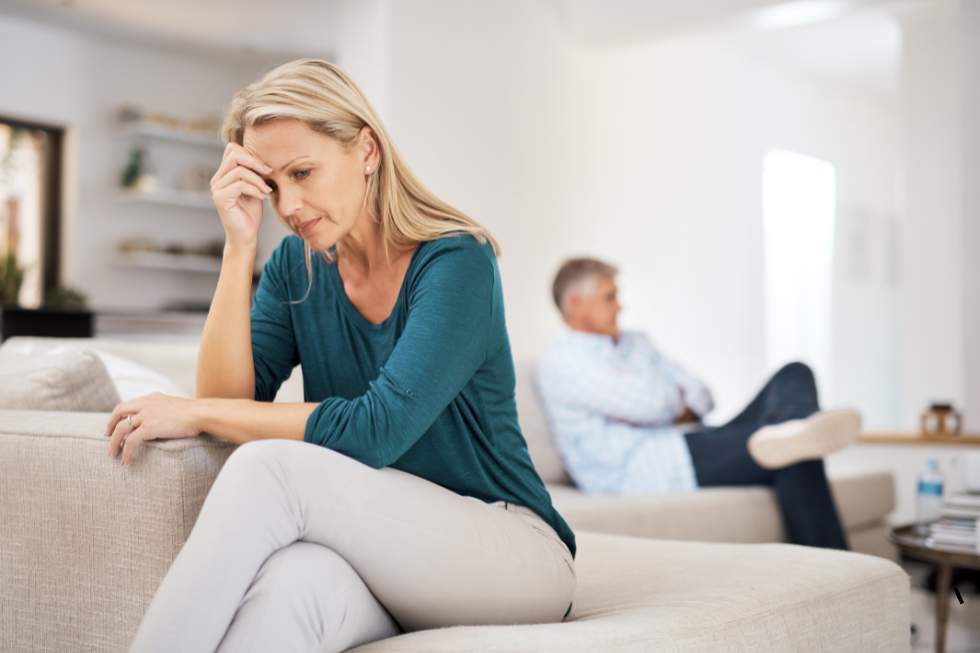Anxiety in relationships doesn’t always walk in loudly. Sometimes, it slips in like a whisper. A racing heart when they don’t text back fast enough. A creeping sense of doom when they seem quiet or distant. The fear that if you’re too much, too needy, too honest—they’ll leave.
If you’ve felt that tightening in your chest when things are going too well or caught yourself scrolling back through old messages looking for “proof” that something’s wrong, you’re not alone. Relationship anxiety can feel like you’re constantly trying to manage both your partner’s emotions and your own inner chaos. And while it’s deeply human, it can also quietly erode the connection you crave most.
So, how do we untangle anxiety from love? How do we build relationships rooted in trust instead of fear?
Let’s talk about it.
When Love Feels Like a Test
For folks who’ve experienced emotional inconsistency, abandonment, or betrayal—whether in childhood, past relationships, or both—being close to someone can feel like a test you’re terrified to fail. Even when your partner is kind and steady, your nervous system might be stuck in high alert, scanning for any sign that the relationship is about to collapse.
You might find yourself needing constant reassurance. You might avoid conflict at all costs, or swing the other way—testing your partner to see if they’ll stay when things get hard. These behaviors are often misread as “clingy” or “dramatic,” but really, they’re protective strategies rooted in past wounds. It’s not about being difficult; it’s about being scared.
That fear isn’t your fault. But it does deserve your attention.
The Role of Communication
Open, honest communication is one of the strongest antidotes to anxiety in relationships. Not the kind where you try to manage or fix your partner’s reactions—but the kind where you let yourself be seen.
This might sound simple, but when you’re used to hiding your feelings to avoid rejection, speaking your truth can feel like standing in front of a firing squad. It might look like saying:
- “I noticed I got anxious when you didn’t respond earlier. I’m working on it, and I just wanted to be honest about where my mind went.”
- “Sometimes I worry I’ll push you away if I ask for reassurance. Can we talk about how we handle that together?”
These aren’t easy sentences. But they open the door to connection, vulnerability, and co-regulation. They also invite your partner into your experience instead of pushing them away with assumptions or silence.
And for those on the other side—hearing your partner’s anxiety without personalizing it is its own skill. Reassurance isn’t enabling when it comes from a place of partnership. It’s safety. It’s saying, I see you, and I’m here.
The Importance of Self-Reflection
Trust is a two-way street, but it starts from within. Often, we ask our partners to provide a sense of safety we haven’t yet offered ourselves.
Self-reflection doesn’t mean blaming yourself for your anxiety. It means getting curious. Where did this fear start? What parts of you still believe you’re not worthy of consistent love? What moments from your past are replaying in your present?
This kind of inner work helps separate now from then. It allows you to say, This fear makes sense—but it’s coming from a place that’s older than this relationship.
When you understand your triggers, you can start responding instead of reacting. And from that place, you can ask for what you need in ways that invite closeness rather than conflict.
Rebuilding a Felt Sense of Safety
Anxiety thrives in uncertainty, and relationships naturally come with unknowns. We can’t control another person’s feelings, their past, or their capacity to love us. But what we can control is how we show up—with boundaries, with honesty, and with a willingness to soothe ourselves rather than demand our partner do it all.
This doesn’t mean you handle everything on your own. It means you learn how to regulate your nervous system in healthy ways: through grounding, mindfulness, therapy, or whatever helps you feel anchored. When your body knows it’s safe, it becomes easier to engage with your partner from a place of curiosity rather than panic.
It also becomes easier to discern: Is this relationship actually unsafe, or is my past hurt showing up here? That’s a powerful question—and one that can shift everything.
Love Doesn’t Require Perfection
Here’s the thing: You don’t need to be perfectly healed to be in a healthy relationship. You don’t need to erase all your anxiety or never have a moment of doubt. What you need is a willingness to be real, to sit with discomfort without letting it take the wheel, and to let love in even when it feels unfamiliar.
Trust doesn’t grow overnight. It grows in small moments—when your partner follows through, when you speak up even though you’re scared, when you remind yourself, I’m not in the past anymore.
And connection? That grows in the in-between. In the gentle conversations, the shared laughter, the quiet understanding that even with the mess, you’re still in it together.
Relationship anxiety doesn’t mean you’re broken. It means you’ve been deeply wired for survival, and now, you’re learning something new: how to stay when it’s safe, how to trust love without gripping too tight, how to let someone see you fully and still believe you’re enough.
Because you are. Always.

